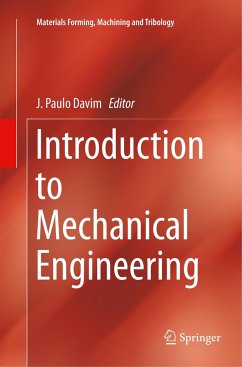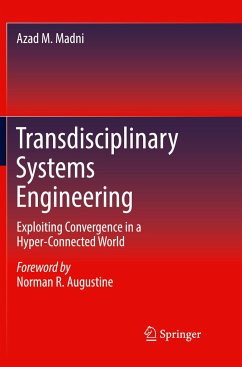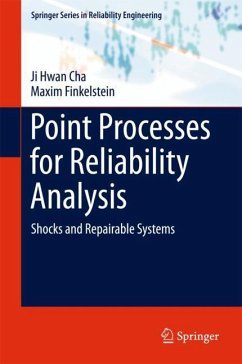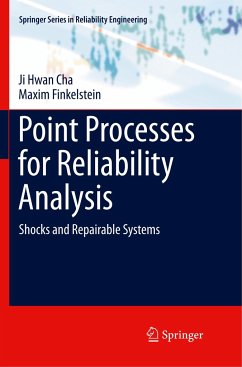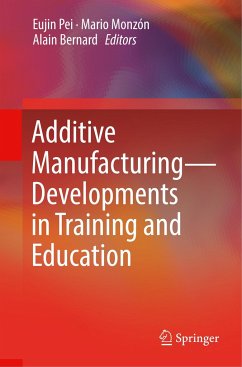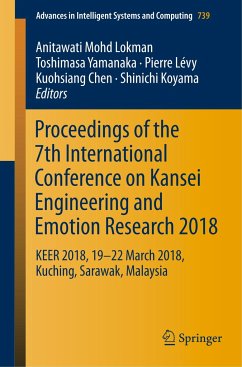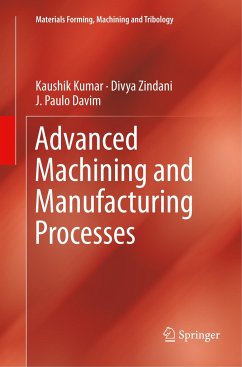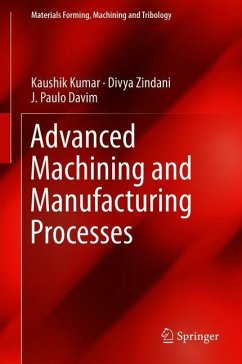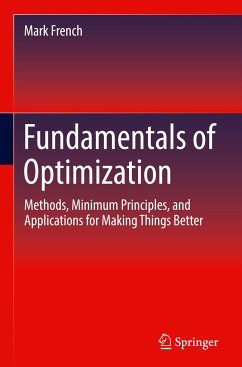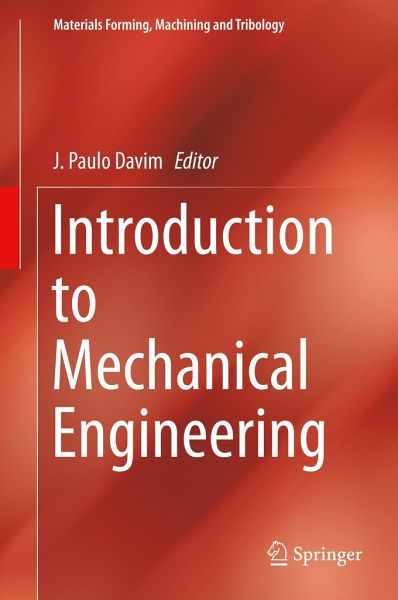
Introduction to Mechanical Engineering

PAYBACK Punkte
34 °P sammeln!
This textbook fosters information exchange and discussion on all aspects of introductory matters of modern mechanical engineering from a number of perspectives including: mechanical engineering as a profession, materials and manufacturing processes, machining and machine tools, tribology and surface engineering, solid mechanics, applied and computational mechanics, mechanical design, mechatronics and robotics, fluid mechanics and heat transfer, renewable energies, biomechanics, nanoengineering and nanomechanics. At the end of each chapter, a list of 10 questions (and answers) is provided.





